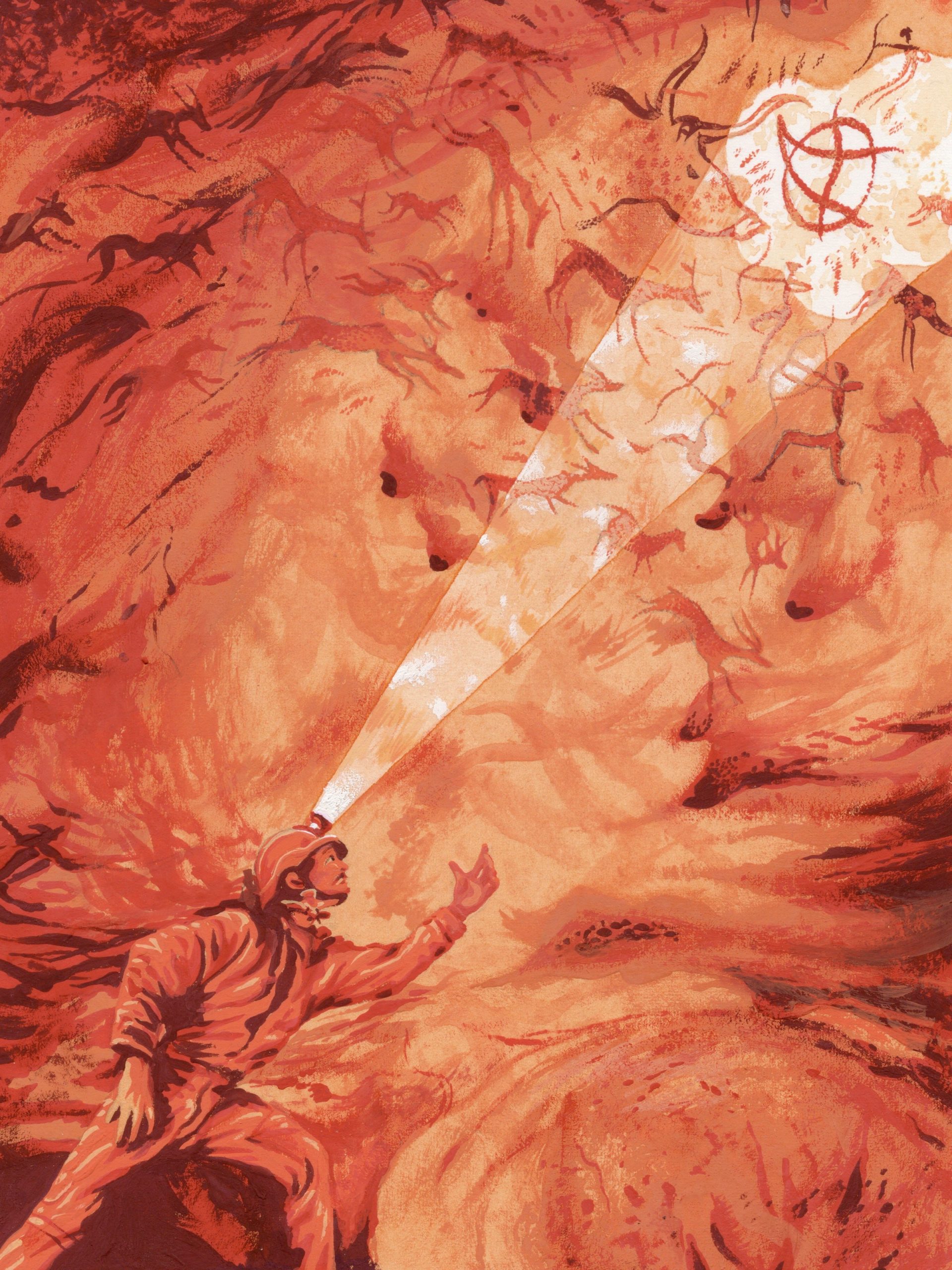David Graeber and David Wengrow’s new history of humanity looks for the origins of authoritarianism and freedom.
By George Scialabba, November 1, 2021
Anarchism is the black sheep of political theories. A glance at its main tenets will explain why: the absence of a state or of representative government; politics as face-to-face relations within small groups; decisions by consensus; no authority; no leadership; no coercion, even of the obstreperous; and a deep suspicion of expertise as somehow subversive of equality. (Worst of all, perhaps: drum circles.) Most Americans find these ideas bewildering. Most senior academics, secret authoritarians that they are, find them abhorrent, even ghoulish, especially as applied to their own department.
Which is why the anarchist writer David Graeber, who died last year, was the black sheep of academic anthropology. As a popular and prolific assistant professor at Yale, he was thought to be a sure bet for tenure. But the department turned him down, with almost no explanation. It was universally assumed that Graeber’s anarchist principles, activist politics—especially his support for Yale graduate students trying to organize a union—and cheeky personality cost him the prize. (No doubt the department shuddered with relief at its near escape when he later became a leading interpreter and spokesman for Occupy Wall Street.) Offers from other departments trickled in—he ended up at the London School of Economics—and the huge success of his Debt: The First 5,000 Years (2011) must also have assuaged the bitterness. But the lesson had been delivered: Outspokenness was not costless. Outspokenness, however, was instinctive with Graeber, as was his extraordinary generosity to students and younger colleagues, who responded with extraordinary affection, even love.
His final book, The Dawn of Everything, a co-written study of the earliest forms of social organization, caps a large and variegated output. Debt, controversial but enormously erudite and startlingly original, was his best-known work, though his two explicitly political volumes were also bestsellers: The Democracy Project (2013), a chronicle of Occupy Wall Street, followed by a scathing critique of American society and politics; and Bullshit Jobs (2018), an acerbic history and analysis of pointless drudgery (an important theme in The Dawn of Everything as well). The Utopia of Rules (2015) gathered several celebrated essays, including “The Utopia of Rules, or Why We Really Love Bureaucracy After All” and “Of Flying Cars and the Declining Rate of Profit.” He was on quite a roll in his last decade. But the above was not all he was doing.


